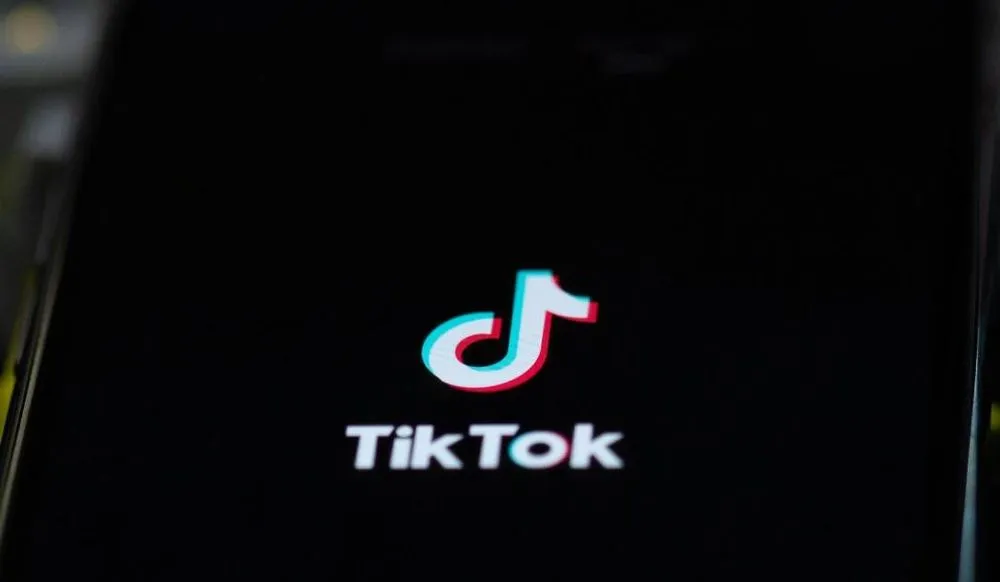Justice Department sues TikTok for alleged violations of children’s privacy
The Department of Justice and Federal Trade Commission filed a civil suit against TikTok and its parent company ByteDance on Friday, asserting that the Chinese-owned social media giant flagrantly violated children’s privacy laws.
The lawsuit comes on the heels of a rare public announcement made “in the public interest” by FTC Chair Lina Khan last month, revealing that her agency had uncovered evidence that TikTok was violating children’s data privacy laws.
Friday’s lawsuit alleges that TikTok has broken the Children’s Online Privacy Protection Act (COPPA) law in myriad significant ways.
The government says that since 2019 the platform has “knowingly permitted children to create regular TikTok accounts and to create, view, and share short-form videos and messages with adults and others on the regular TikTok platform,” according to a DOJ press release.
The complaint lodged against TikTok also alleges the company gathered and stored wide-ranging personal information collected from children despite not having alerted their parents or gotten their consent for the practice.
TikTok also allegedly illegally harvested and stored data from accounts established in “Kids Mode,” a watered down version of the app made for children up to age 12, holding on to their email addresses and other private data.
Until at least mid-2020, the complaint says, TikTok shared data collected from children in Kids Mode with third parties for “reasons other than support for internal operations” and “did not notify parents of that practice.”
“For example, defendants shared this information with Facebook and AppsFlyer, a marketing analytics firm, in part to encourage existing Kids Mode users whose use had declined or ceased to use Kids Mode more frequently,” the complaint added. “Defendants called this process ‘retargeting less active users.’”
The company allegedly routinely ignored parents who asked TikTok to delete their children’s accounts.
TikTok’s “deficient and ineffectual internal policies and processes for identifying and deleting TikTok accounts created by children” contributed to the problem, the DOJ press release said.
“Until at least May 2022, defendants offered consumers a way to avoid the TikTok age gate altogether when creating a TikTok account, by allowing them to use login credentials from certain third-party online services, including Instagram and Google,” the complaint said. “Defendants internally identified these TikTok accounts as ‘age unknown’ accounts.”
A TikTok spokesperson disputed the government’s claims.
"We disagree with these allegations, many of which relate to past events and practices that are factually inaccurate or have been addressed,” the spokesperson said in an emailed statement.
“We are proud of our efforts to protect children, and we will continue to update and improve the platform,” the spokesperson added. “To that end, we offer age-appropriate experiences with stringent safeguards, proactively remove suspected underage users, and have voluntarily launched features such as default screen time limits, Family Pairing, and additional privacy protections for minors."
The app says it has more than 170 million users in the U.S. According to the complaint, by late 2023, nearly half of U.S. teens reported using TikTok many times each day.
The FTC’s COPPA rule dates to 2000 and bars website owners from knowingly gathering, using or sharing the personal data of children up to age 12 without notifying, or getting consent from, parents. Under the rule, websites also must erase children’s personal information if their parents ask them to do so.
TikTok has been targeted by the U.S. regulators as recently as 2019 for COPPA violations relating to the conduct of its predecessor, Musical.ly. It paid a $5.7 million fine to resolve that FTC enforcement action and has since been under a court order mandating it comply with COPPA.
TikTok’s latest alleged violations of COPPA law were uncovered during a “compliance review” of the 2019 enforcement, the FTC said. In that complaint, the FTC said Musical.ly allegedly collected the full names, online contact information, direct message contents, geolocation, and photos and videos depicting children and featuring their voices.
“This action is necessary to prevent the defendants, who are repeat offenders and operate on a massive scale, from collecting and using young children’s private information without any parental consent or control,” Principal Deputy Assistant Attorney General Brian M. Boynton, head of the Justice Department’s Civil Division, said in a statement.
Khan issued her own statement asserting the FTC will “continue to use the full scope of its authorities to protect children online — especially as firms deploy increasingly sophisticated digital tools to surveil kids and profit from their data.”
TikTok has been under mounting pressure from U.S. authorities. In April, President Joe Biden signed a law that sailed through a typically unproductive Congress requiring TikTok be sold or banned by next January due to national security threats. The company has sued to overturn the law.
Suzanne Smalley
is a reporter covering digital privacy, surveillance technologies and cybersecurity policy for The Record. She was previously a cybersecurity reporter at CyberScoop. Earlier in her career Suzanne covered the Boston Police Department for the Boston Globe and two presidential campaign cycles for Newsweek. She lives in Washington with her husband and three children.



